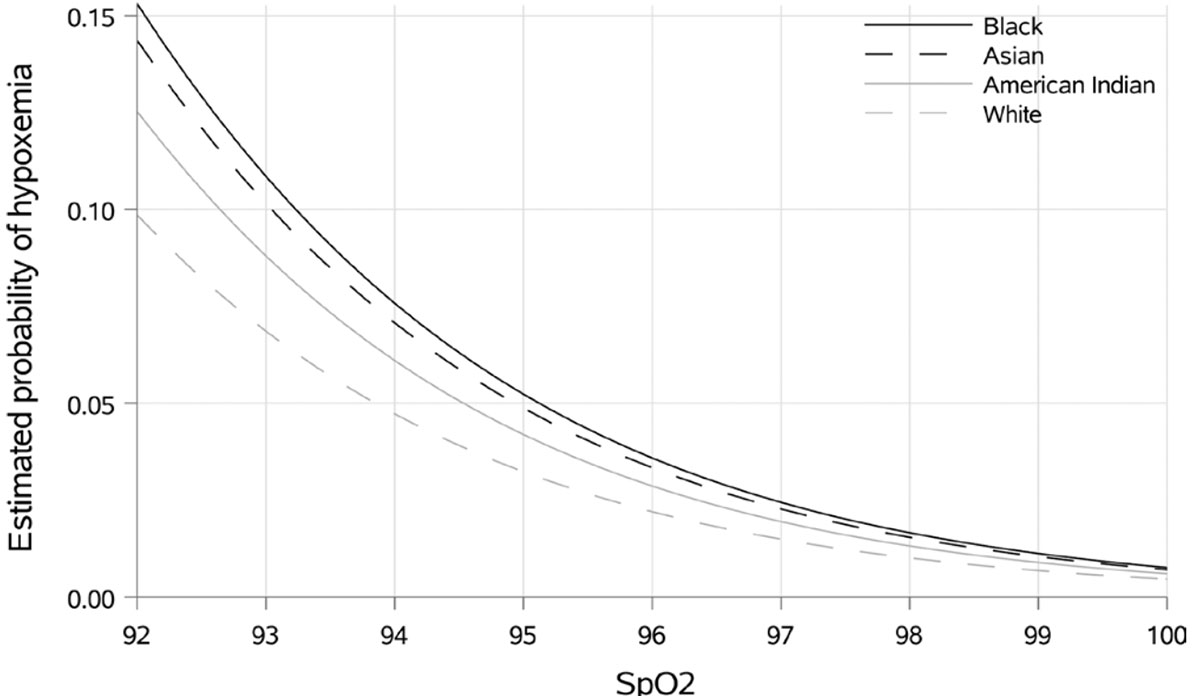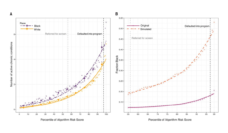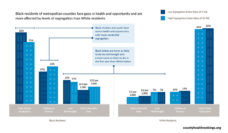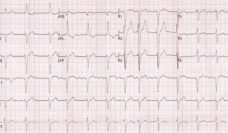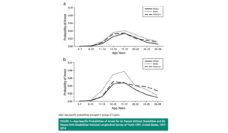If you have ever been hospitalized, you have probably had a small clip placed on your finger to measure your blood oxygen levels. Pulse oximeters estimate blood oxygen levels by measuring how the blood absorbs light, and can be a critical tool when making clinical decisions. The device is ubiquitous in U.S. hospitals, doctors’ offices and for at-home monitoring for COVID-19, but it has proven limited in its utility for patients of color.
In February 2021 FDA communication warned that pulse oximeters give less accurate, higher oxygen level readings for patients with “dark skin pigmentation.” When pulse oximeter readings report falsely high oxygen levels that may in fact be dangerously low, patients could be discharged from the hospital too soon or, if monitoring at home, fail to go in for treatment.
An observational study from 2018 to 2020 followed adults admitted to the ICU or for surgery at three academic medical centers. Researchers assessed the relationship between patient race, estimated and actual oxygen levels, and clinical outcomes. Black patients were more likely to have low oxygen levels and higher mortality compared to White patients.
The graph shows the probability that a 55-year-old patient would have low oxygen levels, even though the pulse oximeter gave them a “normal” reading. Black patients’ blood oxygen levels (the solid black line) incorrectly tested within the normal range (92%-100%) more often than other patients. Asian and American Indian patients also received less accurate readings than White patients. The accuracy differences were highest at lower oxygen level readings, where critical decisions happen.
Based on oximetry readings, patients of color in need of oxygen would be less likely to receive it than White patients. Other diagnostic devices to estimate blood oxygen levels show promise. As pulse oximeters are still widely used, the FDA recommends patients track multiple oximeter readings and consult medical professionals when interpreting results.
Henry, N. , Hanson, A. , Schulte, P. , Warner, N. , Manento, M. , Weister, T. & Warner, M. Disparities in Hypoxemia Detection by Pulse Oximetry Across Self-Identified Racial Groups and Associations With Clinical Outcomes*. Critical Care Medicine, 2022.









